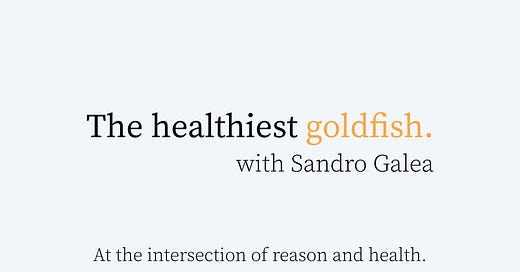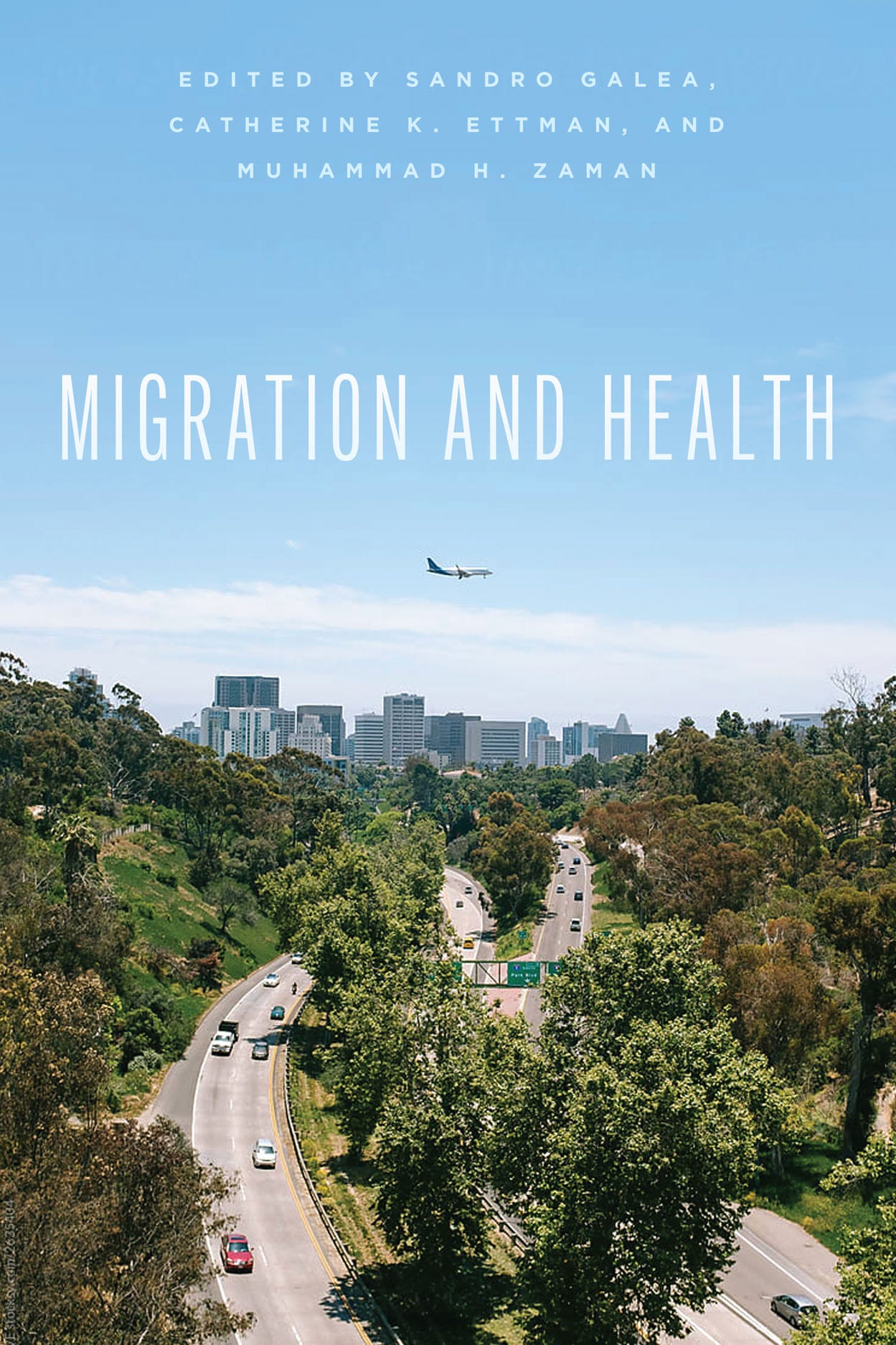Our moral obligation to show compassion for migrants
We have a responsibility, informed by history and our common humanity, to support those who migrate in search of a better life.
Last summer, a tractor-trailer was found abandoned in San Antonio, Texas. Inside the truck were migrants from a range of Latin American countries including Mexico, Honduras, and Guatemala. By the time they were found after being left by smugglers in sweltering heat, 53 had died.
More recently, Florida Governor Ron DeSantis flew two planeloads of migrants to Martha’s Vineyard, in a political stunt aimed at criticizing President Biden’s border policies. The purpose of the flights was made clear by DeSantis’ communications director, who said, “States like Massachusetts, New York, and California will better facilitate the care of these individuals who they have invited into our country by incentivizing illegal immigration through their designation as 'sanctuary states' and support for the Biden Administration’s open border policies.” This action by DeSantis was part of a growing trend of governors of conservative states sending migrants to liberal states, or even to the homes of politicians perceived to support more relaxed border policies. Actions like these are truly appalling.
These stories are, in fundamental ways, very different. Yet they both reflect a crisis in the treatment of migrants. Whether migrants are abandoned in a hot trailer or used as pawns to make a political point, they are often dehumanized, their wellbeing undermined. The US has long veered between an embrace of migrants and a nativist hostility to those who come here seeking a better life. This hostility has arguably always been present—a dark undercurrent in our culture and politics—but in recent years it has risen to the surface of American public life. Donald Trump began his campaign for the presidency by demeaning Mexican immigrants, he continued with this rhetoric while promising to build a wall on the US-Mexico border. As president, his words and actions were consistent with his anti-immigrant campaigning, from his partial ban on travelers from Muslim-majority countries to the cruel treatment of migrant children under his administration.
Globally, over one billion people have migrated, either within their country or across borders. More than 200 million have migrated across borders and 84 million have been forcibly displaced. These numbers will likely grow due to factors like climate change, war, and urbanization. The link between migration and health is complex, with some migrant groups experiencing better health in certain areas and some facing unique challenges to their wellbeing. However, the conditions that drive migration often reflect clear challenges to the health of populations, as do the conditions of marginalization migrants often face when they arrive in a new country. It is not hard to say that we have a responsibility to extend a compassionate hand to migrants, to support their health both during their journey and upon their arrival. There are ample economic, social, and political arguments for why we should do so that have been well made by others. I agree with these arguments but would make the case that our obligation runs even deeper than such considerations. I would argue that, in fact, we have a moral responsibility to care for migrants. This responsibility reflects our values as public health professionals—our mission to care for the marginalized—and our obligation as human beings. It also stems from the conditions of historic injustice that do much to drive migration, and which many nations, including the US, have been complicit in creating. With this in mind, I will here make the moral case for caring for migrants, with an eye towards compassion-informed policies that can help shape a better future for migrants and the countries that welcome them.
I will start with the history that is a driver of migration. Many migrants leave their countries of origin to escape difficult conditions. These conditions include poverty, war, and sociopolitical unrest. Leaving home is never easy. When individuals and families make the choice to become migrants, they are not doing so on a whim. They become migrants because to stay in their country of origin would pose too much risk. This is an important point given that migrants are often labeled opportunists who arrive seeking government handouts, taking resources from the native born. This is unfortunately a narrative encouraged all too often by those seeking to whip up public anger against migrants, with the frequent goal of mobilizing it for political gain.
It is ironic that this mischaracterization of migrants can function as a force to drive national politics, given the role of migrant-attracting nations in shaping the very conditions of strife that cause many to leave their countries of birth. Countries like the US, England, and other former imperial powers in Europe did much throughout their histories to create the basis for many of the challenges that cause people to migrate. From colonialism in Africa, to the US meddling in Latin America during the Cold War, to the European powers redrawing the national boundaries of the Middle East in the aftermath of World War I, much of present-day migration has roots in this history. Powerful countries have historically shaped the world to their liking, drawing arbitrary boundaries heedless of longstanding sectarian divides, exploiting land for resources, propping up friendly governments and deposing unfriendly ones, and the ripple effects of these actions create socioeconomic disturbances that drive migration to their shores. For these countries to then diminish migrants for seeking refuge from these challenges is at best hypocritical and at worst a dereliction of basic moral responsibility. Advocating for the health of migrants, then, means supporting public awareness of the historical context of migration.
This awareness also supports the moral imperative of pursuing compassionate policies that can help improve the health of migrants. This includes a streamlined immigration process, a robust social safety net for newcomers and native born alike, and zero tolerance for rhetoric which scapegoats and dehumanizes migrants. As we approach the end of one election cycle and turn our eyes towards the horizon of the 2024 presidential campaign, there will be ample temptation for politicians to continue demonizing migrants for political gain. It is up to us to speak with one voice in saying “no” to such cynical, destructive tactics. Migrants are not pawns, they are not drags on the system, they are human beings and deserve to be treated as such. It is our task to make sure they are.
It is also important to note that, in the context of the migration debate, the case has been made that compassion demands we abolish borders entirely, that the existence of national boundaries inherently creates the conditions for conflict and the continued mistreatment of migrants. This argument is hard to dismiss when we consider the many challenges migrants face and the conflicts—both within and between countries—that can erupt around borders and territory. Yet borders also help support a sense of cultural cohesion and national identity which have helped make the nation-state such a resilient—perhaps indispensable—innovation in human history. While we may wish for a world without borders, such a world is far from the one in which we live, informed as it is by a human nature which will likely always be to some degree deeply invested in group identity. It is necessary, then, that those in the liberal center of our politics engage with the issue of borders from a place of pragmatic compassion, mindful that many wait in the wings to take a bad faith approach to this issue if we avoid it.
This means recognizing borders play a necessary role in organizing human society while insisting that those who cross borders be treated humanely and given access to a process by which they can be smoothly integrated into the national life of their adopted home. It also means deepening our understanding of the migration experience, with special focus on how this experience shapes the health of migrants and their communities. This is what we hope to do with our new book, Migration and Health, co-edited with colleagues Catherine Ettman and Muhammad Zaman. The book, which is published by The University of Chicago Press and will launch November 25, features chapters from a range of contributors looking at the migrant experience through many lenses, including the link between climate change, migration and population health, the health of migrant children, and the future of migration and health. We assembled the book in the spirit of trying to inform a conversation that helps advance progress on these issues, towards an approach to migration that is compassionate and data-informed and can support a healthier future for both migrants and their adopted countries.
We should pursue this future because doing so accords with morality, with our best values as a society, and because it accords with the data on the migration policies that best support health for all. We should also do this because of the role many countries have played in creating the conditions of war, crisis, and socioeconomic deprivation that can lead people to become migrants in the first place. It is not morally discretionary to be compassionate to migrants; it is an obligation rooted in our understanding of historical injustice and our responsibility to our fellow human beings.




